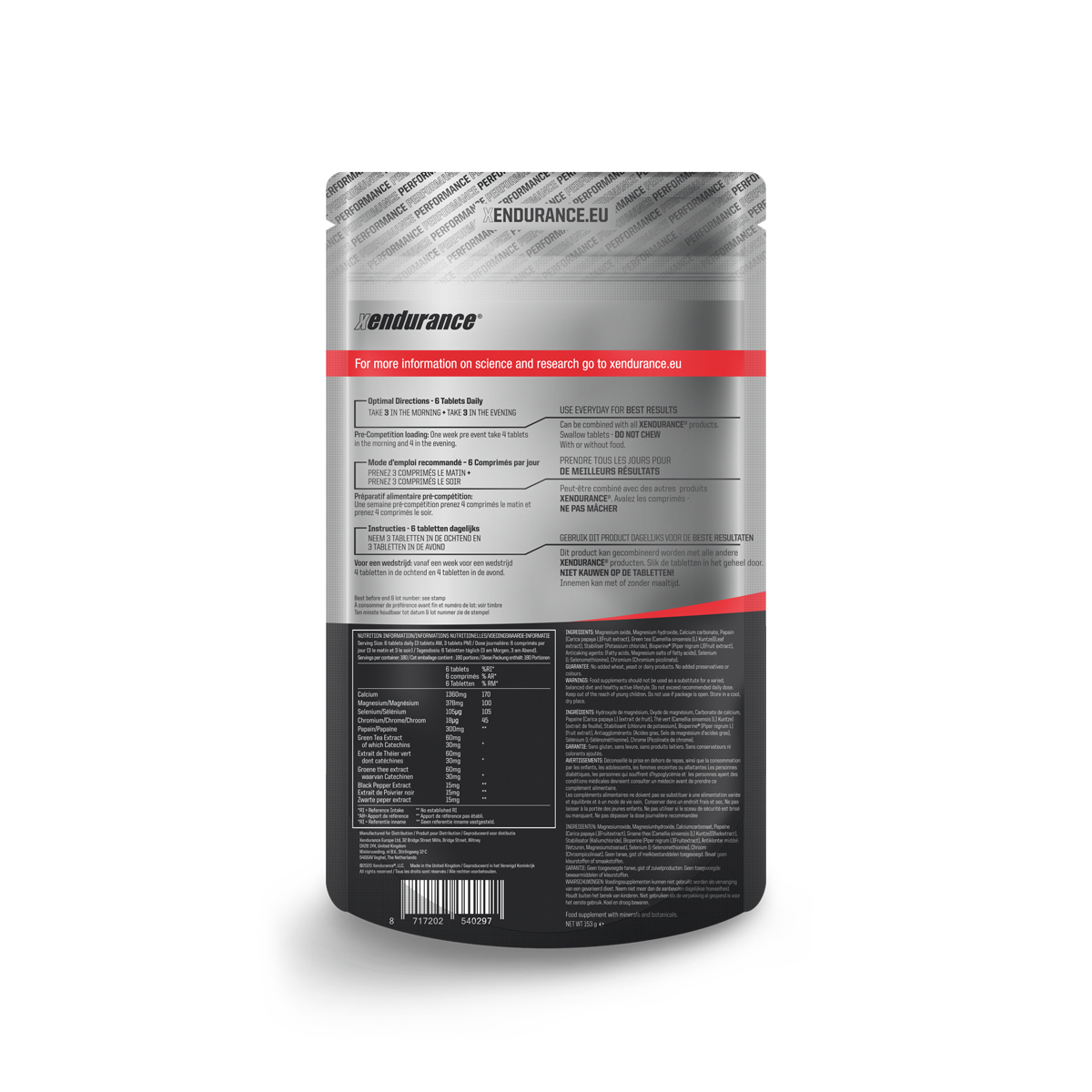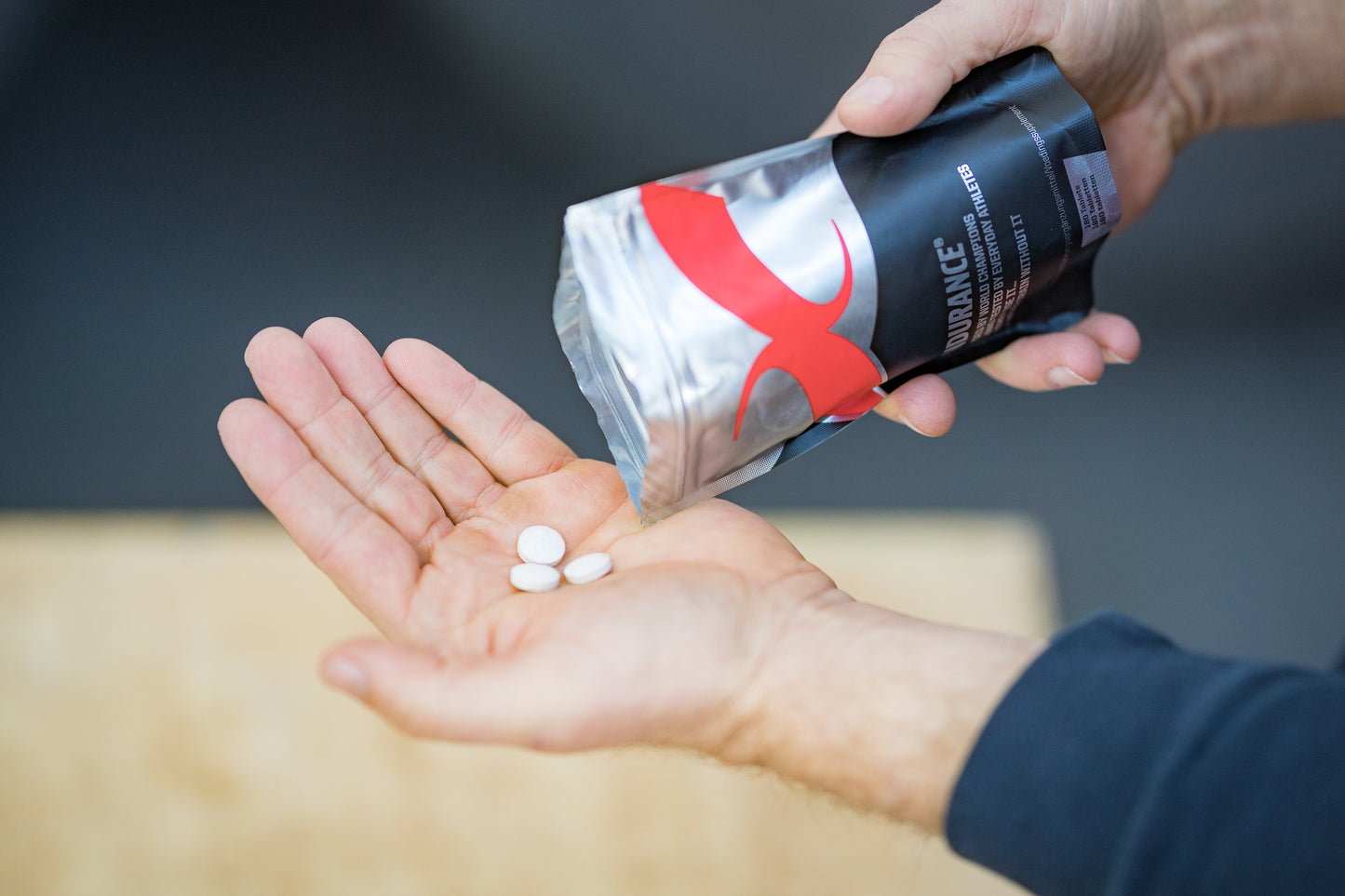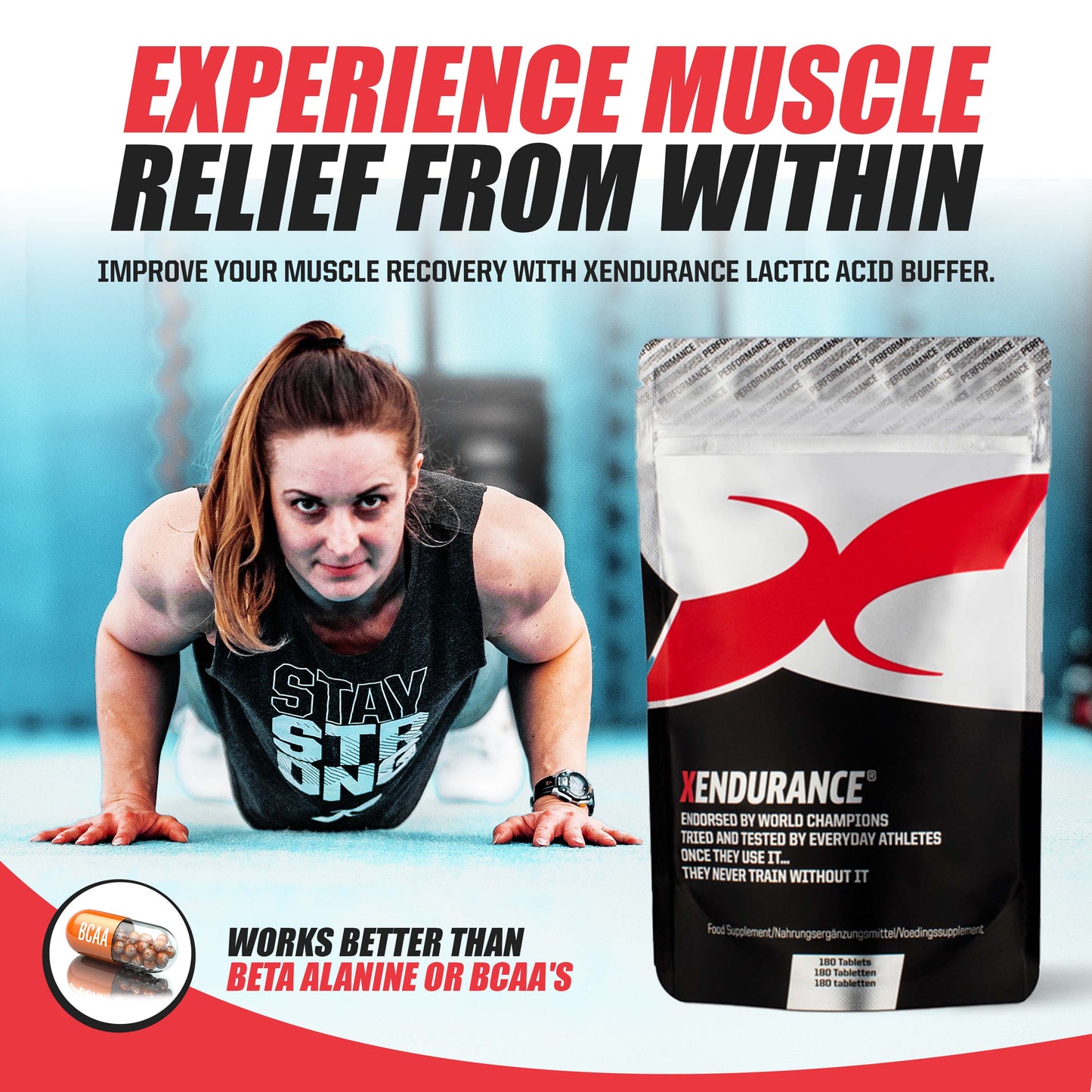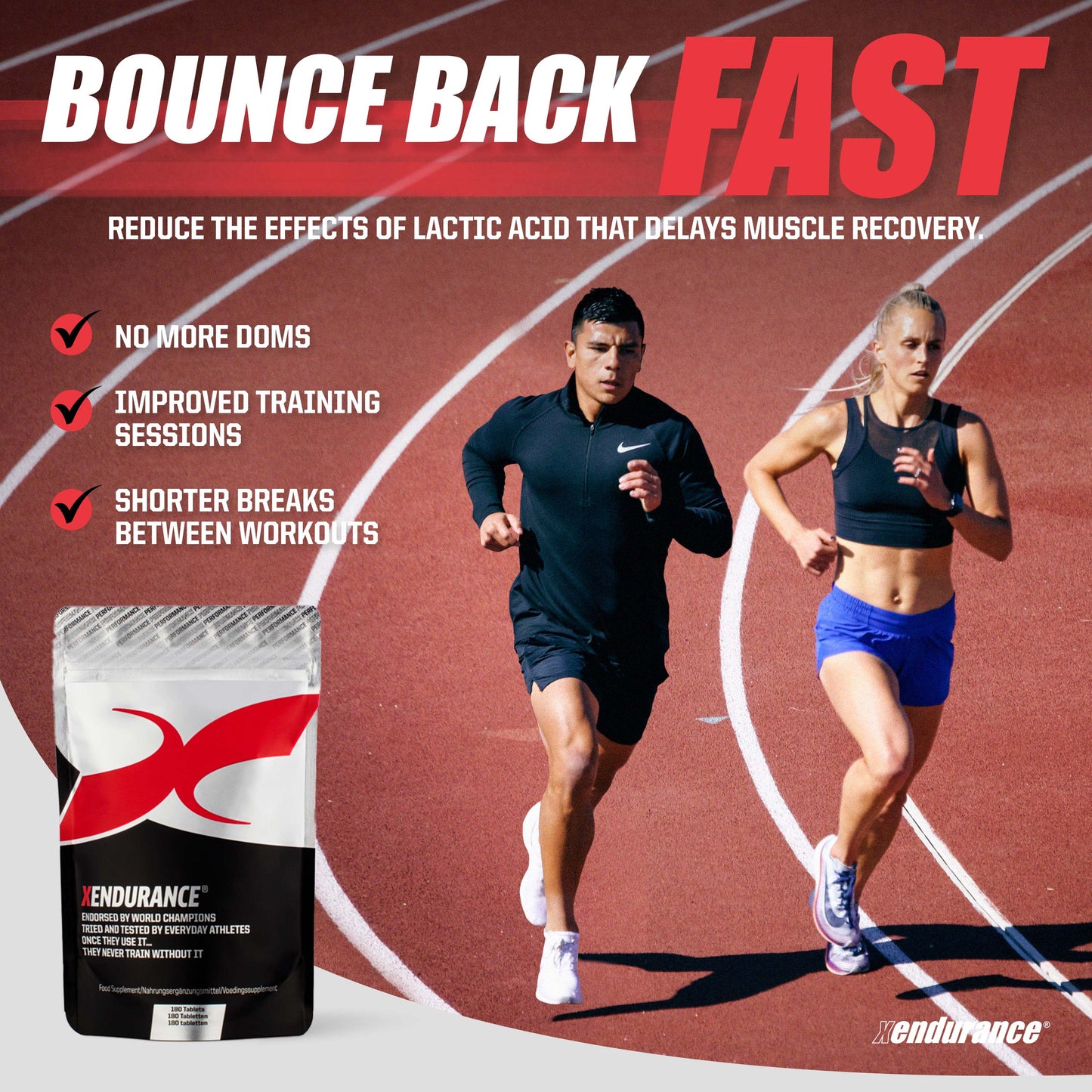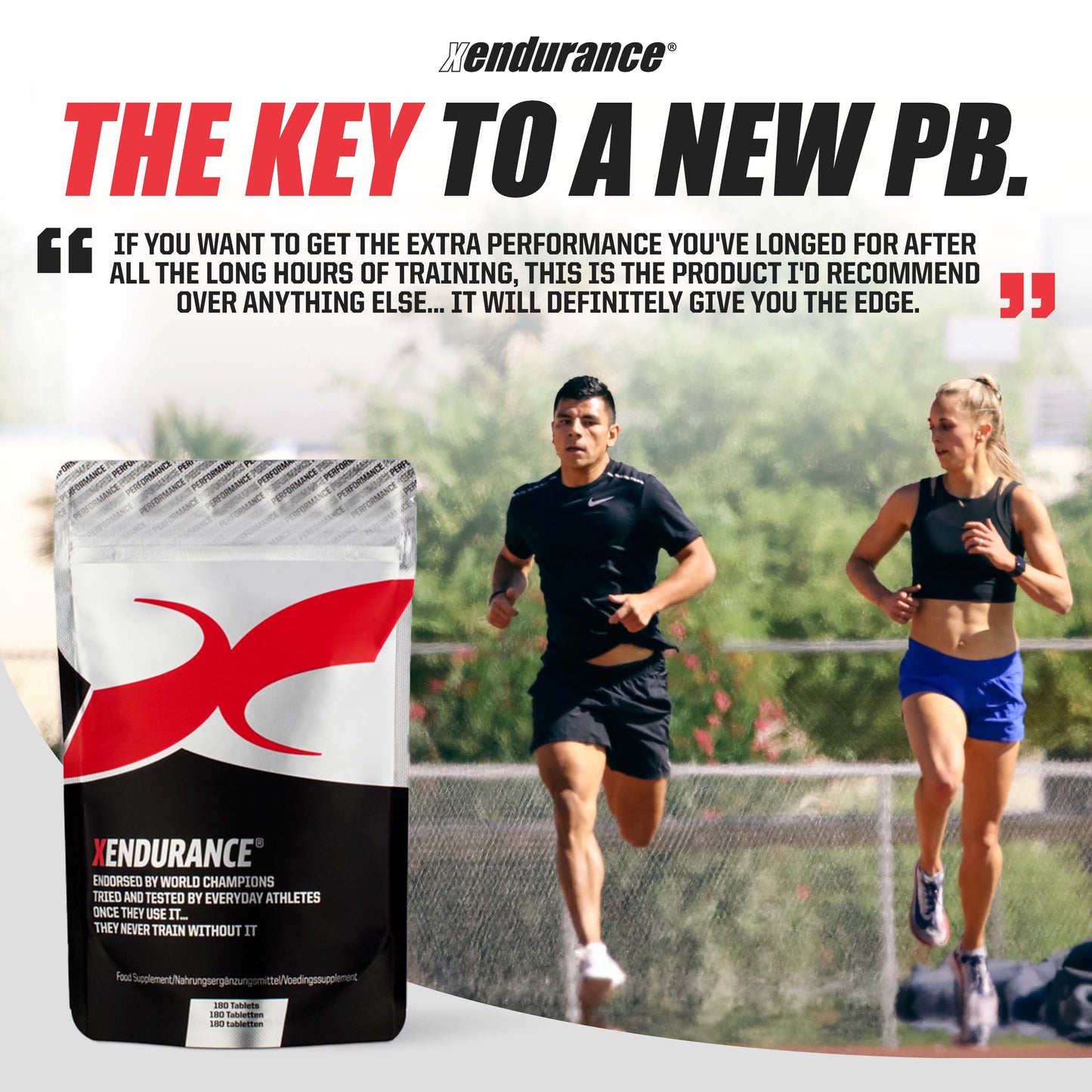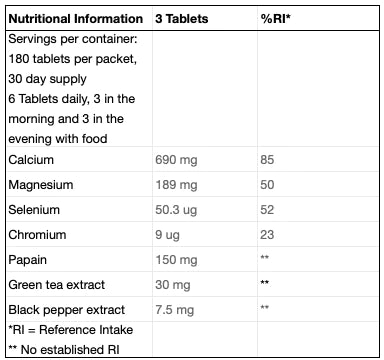Share
No adage is more relevant to an age group veteran master to increasing performance than ‘train smarter not harder’. For 99% of us, gone are the days of swanning up to a comp, smashing it out, then running or cycling home for a brew.
How can athletes increase performance when they hit that half-century? In one word, nutrition. Nutrition is one of the smarter moves. When we get older, our bodies need those macros and micronutrients in spades to recover from training and help us perform at our best. Good nutrition helps keep our hormones like testosterone in check, combating heart disease and keeping the grey cells ticking over.
I've always been conscious of nutrition and recovery, but I never gave it much thought until I set a long term goal back in 2020, for the 2023 50-54 age group Crossfit Open Qualifiers. I know if I’m going to be in with any chance at all, I’m going to have to raise my game.
High cholesterol has been an issue in my family and while my diet and exercise regimes mean the health risks are likely negated, my fitness could be affected. We all know that testosterone will naturally decline in men of my age with sometimes disastrous effects, not to mention a marked reduction in performance. One of my goals was to know more about my health. I decided I wanted to know exactly what I was dealing with.
My first port of call was my GP. Although he was helpful the information I got from him was limited. Blood tests put me in the ‘Normal’ category, with no explanation. So, on the recommendation of a friend, I ordered a blood test from Thriva. A vile of blood and £48 later I had all the information I needed, along with some decent recommendations about what to do about it.
Testosterone levels in males drop about 1% a year over the age of 40. This is a normal part of ageing although it can happen sooner if there are underlying health issues. Testosterone levels should be between 8.64 & 29 nmol/L. My total testosterone was 20.92 nmol/L which is in the normal range. What I didn’t realise and found interesting is that you have a couple of types of testosterone; Sex Hormone Binding Globular (SHBG), also known as ‘bound’ testosterone and then there is ‘free’ or ‘unbound’ testosterone (Dihydrotestosterone (DHT) and Oestradiol). Both of these make up your total testosterone.
These two types of testosterone work on a sliding scale. The more you have of one, the less you will have of the other. When SHBG binds with the available free testosterone (DHT and Oestradiol) your body can't utilise it to build muscle, maintain bone density and help keep those energy levels high. The Thriva test showed my SHBG was high at 61 nmol/L (above normal markers); it should be between 18.3 and 54.1 nmol/L. This means that my free testosterone, which is essential to building muscle, maintaining bone density and helping energy levels, was going to be low. At 0.2893 nmol/L I am in the normal range (0.198 and 0619 nmol/L) but I’m rather at the lower end of that marker.
The Thriva test suggested alterations to my diet! I began researching how to lower my SHBG levels so that my fitness-boosting free testosterone could increase. I needed a good source of Omega-3, Vitamin D3, protein and Cruciferous (broccoli cauliflower and sprouts) to aid my performance, in conjunction with soluble fibre and oily fish to help lower cholesterol and maintain brain function.
Since making these nutritional and supplemental changes 3 months ago, with the help of Xendurance, my performance has increased tenfold. I’m regularly burying athletes half my age which is always a good feeling! My recovery is better, long-standing injuries are slowly working themselves out and I’m pooing like I was a kid again. Brain function is still a work in progress. I guess the old adage of ‘you are what you eat’ is true, especially if you want to increase performance as a veteran athlete.
Written by Giles Heeks from RX Recovery Lounge & Sports Massage, follow on Instagram @rx_recovery_lounge






